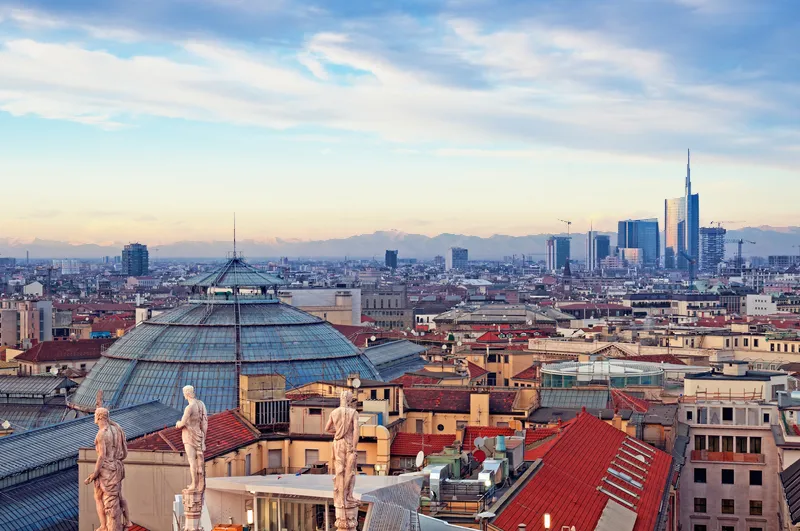
The Italian city of Milan, Agenzia Mobilità Ambiente e Territorio (Amat) – the city agency responsible for local air quality monitoring – and Bloomberg Philanthropies have announced an air quality data project.
Thirty ultra-compact air quality sensor microstations have been installed near schools in the city, with a view to integration with the Lombardy Regional Environmental Protection Agency (Arpa)’s existing air quality monitoring network.
The data collected from the new sensors will be analysed by Amat and Arpa Lombardia, and integrated with information from the existing reference network of five sensors managed by Arpa and the Municipality of Milan.
The new sensors will help evaluate the effectiveness of policies and actions to protect areas from harmful emissions and support Milan's Air Quality and Climate Plan, which aims to create a zero-emission area in the city centre by 2030 by restricting polluting vehicles and strengthening air quality monitoring.
Milan’s Green and Environment councillor Elena Grandi says: “The donation of these sensors will enable us to better understand our city’s air and support us to make more impactful decisions for Milan neighbourhoods."
“The world’s leading cities recognise that communities need clean air for their health and livelihoods – and Milan is working to do just that,” said Antha Williams, who leads Bloomberg Philanthropies’ environment programme.
Milan is among the top 10% of European Union cities with the most polluted air and has the highest number of pollution-related deaths that could be avoided by meeting WHO air quality recommendations.
Bloomberg Philanthropies has worked with the city to reduce air pollution since November 2021, starting with a local air quality monitoring network across the city with the installation of low-cost sensors to measure pollution.








